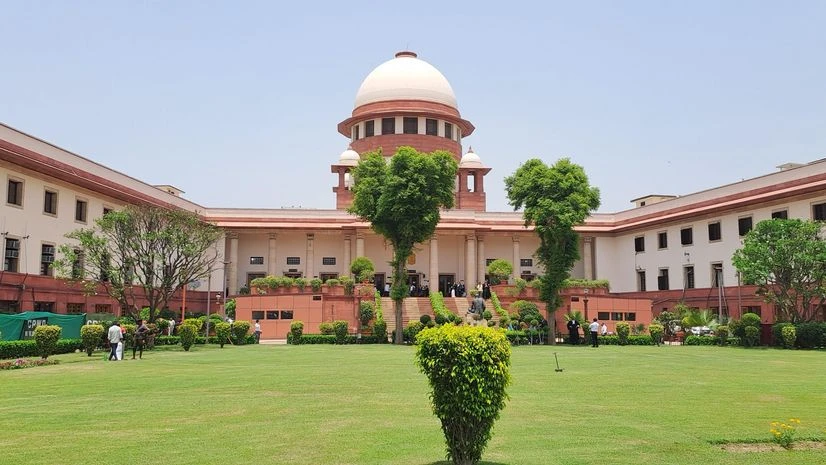Rejecting the income tax department’s stand, the Supreme Court on Wednesday ruled that banks are allowed to claim deductions for broken period interest paid on government securities traded as stock-in-trade.
Broken period interest is the interest paid by a bank when purchasing government securities between coupon payment dates.
The court said it is well-settled that in the banking business, securities purchased by banks, per se, constitute stockintrade of the bank as normal and ordinary banking business is to deal in money credit. It said the money is parked in readily marketable securities so that it is available to meet the demand of depositors.
“As we have pointed out above, it is a normal mode of carrying on banking business to invest moneys in a manner that they are readily available and that is just as much a part of the mode of conducting a bank’s business as receiving deposits or lending moneys or discounting hundies or issuing demand drafts. That is how the circulating capital is employed and that is the normal course of business of a bank. The moneys laid out in the form of deposits as in the instant case would not cease to be a part of the circulating capital of the appellant nor would they cease to form part of its banking business. The returns flowing from them would form part of its profits from its business. In a commercial sense the directors of the company owe it to the bank to make investments which earn them interest instead of letting moneys lie idle,” the bench of Justices AS Oka and Pankaj Mithal said.
The court upheld the Bombay High Court view saying, “It cannot be said that the funds of the bank which were not lent to borrowers but were laid out in the form of deposits in another bank to add to the profit instead of lying idle necessarily ceased to be a part of the stockintrade of the bank, or that the interest arising therefrom did not form part of its business profits.”

)